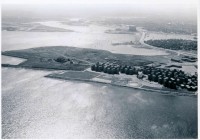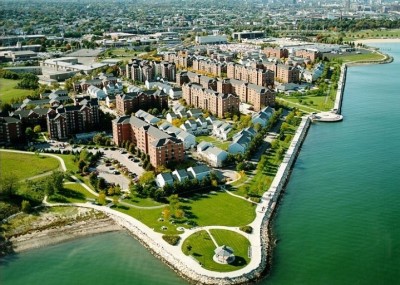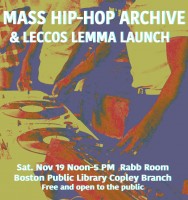The photographs, stories, and videos gathered at the Hyde Park Mass. Memories Road Show are available online now for research.

The matriarchs, April 2016. “When my aunt and my mom get together it is awesome to see their different ways of being and yet so much alike. They feed off each other and are the ties that bind our family together. My aunt loves to talk and my mother not as much and yet it’s the ying and yang that makes the rest of us smile.” Pictured, from left to right: Boonie Booker and Carolyn Harrell. Contributor: Antoinette Harrell.
Held at the Hyde Park Municipal Building, or “Muni,” on May 14, 2016, the event was organized by the Friends of the Hyde Park Library and sponsored by the Boston Centers for Youth and Families (BCYF) Hyde Park Community Center and Spin350 Creative. Over twenty local volunteers collaborated with a team of UMass Boston staff members and public history graduate students, as well as “Roadies” from past Mass. Memories Road Show events, to welcome more than 100 adults and children with connections to the Boston neighborhood.
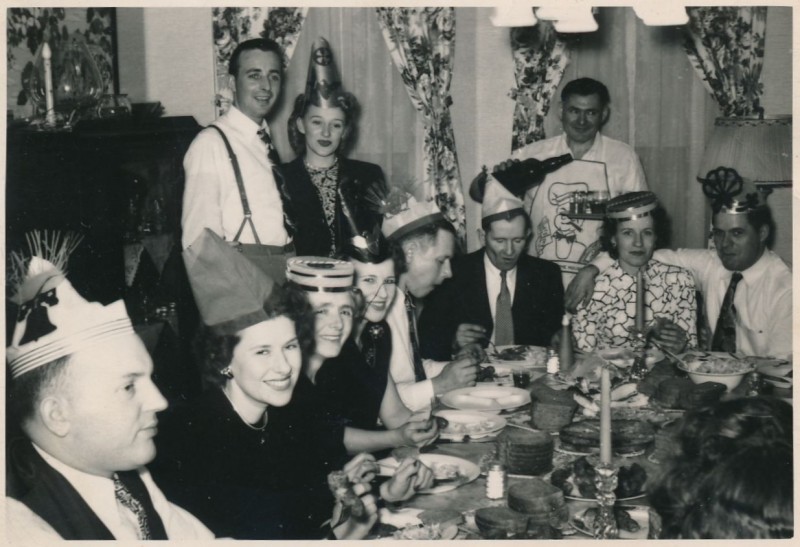
The party never stops–three-family gathering on Williams Avenue, 1950s. “Grandfather did the cooking (he’s wearing the apron) and he is pouring his home-brew. Pictured, from left to right: my uncle Joe Whalen, my aunt Francis Whalen, my father’s father John, uncle John, Darlene Vance, uncle Bob Voss, Jim Hennessey, my grandmother Anna Vance, my aunt Pauline Kominski, my aunt Sophie Sarno, and my father’s cousin John Sarno.” Contributor: Robert Vance.
Participants shared images of informal family gatherings such as birthday parties, weddings, and holiday celebrations. Community life in Hyde Park over the years is also well documented in the collection. Many individuals contributed photographs of themselves as students attending Most Precious Blood, Hyde Park High School, and other local schools. Others remembered coming together to play with neighbors and to participate in sports competitions, parades, and the creative arts.
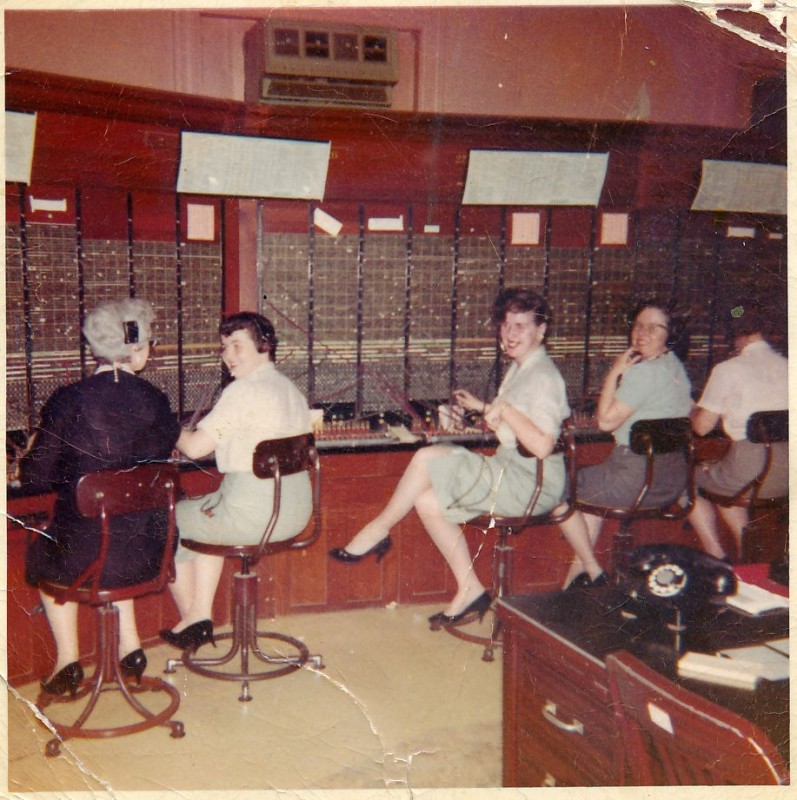
New England Tel., 1949. “Working on Harvard Street switchboard in Hyde Park. Pictured, from left to right: teacher Mary Miles, Mary Hannon, Mary Lou Leary, and unidentified woman. Contributor: Mary Lou Greene.
Several photographs document men and women at work in local restaurants, banks, bakeries, convenience stores, and other family enterprises in the neighborhood.

“In 2007, we were asked to be the first family in Hyde Park to receive a single stream recycling bin. Liam was the first to use it. Pictured, from left to right: Rob Consalvo, Janice Kenney, Larry Kenney, Mayor Thomas M. Menino, Ryleigh Kenney, and Liam Kenney.” Contributor: Janice Kenney.
A number of individuals chose to preserve memories of their involvement in politics and community activism. Photographs document neighborhood residents running for elected office, saving the local public library, and cleaning up the Neponset River. Many people shared photographs of themselves taken with the late Mayor Thomas M. Menino, who was born in Hyde Park in the 1940s and lived there until his death in 2014.
Browse the Hyde Park Mass. Memories Road Show collection.
The Mass. Memories Road Show is a statewide digital history project that documents people, places and events in Massachusetts history through family photographs and stories. In partnership with teams of local volunteers, we organize public events to scan family and community photographs and videotape “the stories behind the photos.” The images and videos are indexed and incorporated into an online educational database. Since its launch, the project has gathered more than 9,000 photographs and stories from across the state. It is supported in part by the Patricia C. Flaherty ’81 Endowed Fund at UMass Boston.
University Archives & Special Collections in the Joseph P. Healey Library at UMass Boston was established in 1981 as a repository to collect archival material in subject areas of interest to the university, as well as the records of the university itself. The mission and history of UMass Boston guide the collection policies of University Archives & Special Collections, with the university’s urban mission and strong support of community service reflected in the records of and related to urban planning, social welfare, social action, alternative movements, community organizations, war and social consequence, and local history related to neighboring communities. To learn more, visit blogs.umb.edu/archives.
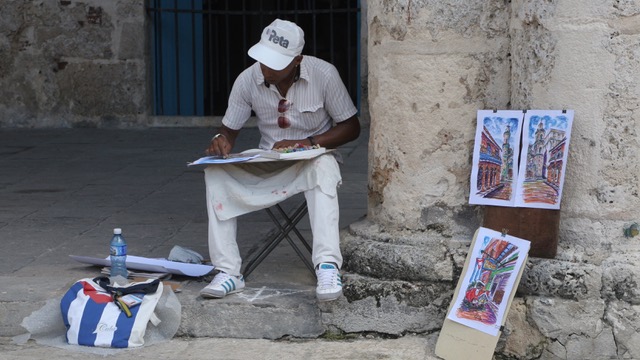
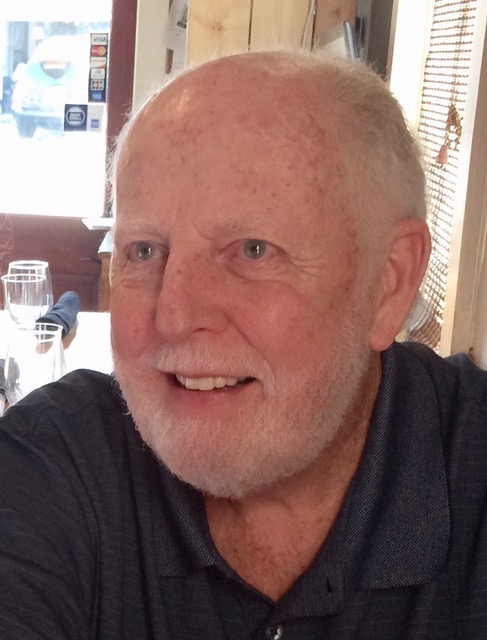 About the photographer
About the photographer